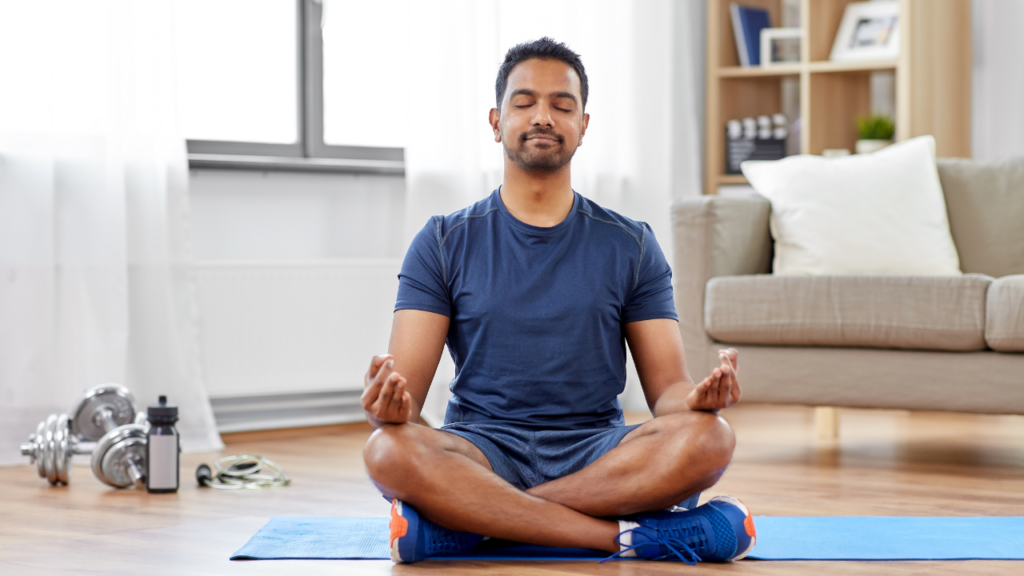
Effective Strategies to Reduce Stress and Enhance Well-Being
Stress has become an inevitable part of modern life, affecting individuals from all walks of life. Whether it’s work-related pressures, personal challenges, or societal demands, chronic stress can have detrimental effects on both mental and physical health. However, there are numerous strategies and techniques that individuals can adopt to effectively reduce stress and promote overall well-being.
Mindfulness Meditation:
One of the most widely researched and effective stress reduction techniques is mindfulness meditation.

This practice involves paying attention to the present moment without judgment. Regular meditation has been shown to lower cortisol levels, reduce anxiety, and improve overall emotional well-being. Apps and online resources make it easy for beginners to start incorporating mindfulness into their daily routine.
Deep Breathing Exercises:
Deep breathing exercises, such as diaphragmatic breathing or belly breathing, activate the body’s relaxation response. By taking slow, deep breaths, individuals can reduce the physiological symptoms of stress, including elevated heart rate and muscle tension. These exercises can be performed almost anywhere and are particularly useful during moments of acute stress.
Regular Physical Exercise:
Engaging in regular physical activity is a powerful stress-buster. Exercise releases endorphins, the body’s natural mood lifters, and helps to dissipate the buildup of stress hormones.

Whether it’s a brisk walk, a yoga class, or weight training, finding an enjoyable form of exercise and incorporating it into a routine can significantly reduce stress levels.
Healthy Lifestyle Choices:
Nutrition and lifestyle choices play a crucial role in stress management. A well-balanced diet with adequate nutrients can support the body’s resilience to stress. Avoiding excessive caffeine and sugar intake, staying hydrated, and getting enough sleep are essential components of a healthy lifestyle that contributes to stress reduction.
Effective Time Management:
Chronic stress often results from a sense of being overwhelmed by tasks and responsibilities. Adopting effective time management strategies can help individuals prioritize tasks, set realistic goals, and avoid unnecessary stress. Breaking tasks into smaller, manageable steps and learning to delegate when possible can create a more manageable workload.
Establishing Boundaries:
Setting boundaries is crucial for maintaining a healthy work-life balance. Learning to say “no” when necessary and recognizing personal limits can prevent burnout and reduce the accumulation of stress. Establishing clear boundaries in both professional and personal spheres is essential for long-term well-being.
Social Support:
Building and maintaining a strong social support system is instrumental in stress reduction. Sharing concerns, seeking advice, and spending time with loved ones can provide emotional support during challenging times. Human connection fosters a sense of belonging and can serve as a buffer against the negative effects of stress.
Mind-Body Practices:
Integrating mind-body practices such as yoga or tai chi can promote relaxation, improve flexibility, and enhance overall well-being. These practices combine physical movement with mindfulness, creating a holistic approach to stress reduction.
Art and Creativity:
Engaging in creative activities, such as painting, writing, or playing a musical instrument, provides an outlet for self-expression and can be a therapeutic way to cope with stress. These activities offer a break from daily stressors and promote a sense of accomplishment and joy.
Professional Support:
When stress becomes overwhelming or persistent, seeking professional support from a therapist or counselor is a proactive step. Professional guidance can provide individuals with coping strategies, insight into the sources of stress, and a supportive environment for emotional expression.
In the fast-paced world we live in, stress is inevitable, but it doesn’t have to be debilitating. By incorporating these effective strategies into daily life, individuals can reduce stress, enhance their overall well-being, and build resilience to face life’s challenges. Experimenting with different techniques and finding what works best for each individual is key to developing a personalized stress management plan. Prioritizing self-care and making a conscious effort to reduce stress not only benefits mental and physical health but also contributes to a more fulfilling and balanced life.

Embark on a transformative journey towards tranquility with our latest ebook, A Guide to Reduce Stress Effectively,” available exclusively on www.gyaanvigyaan.com for just $1.99.
Reduce Stress Effectively

Comments (0)